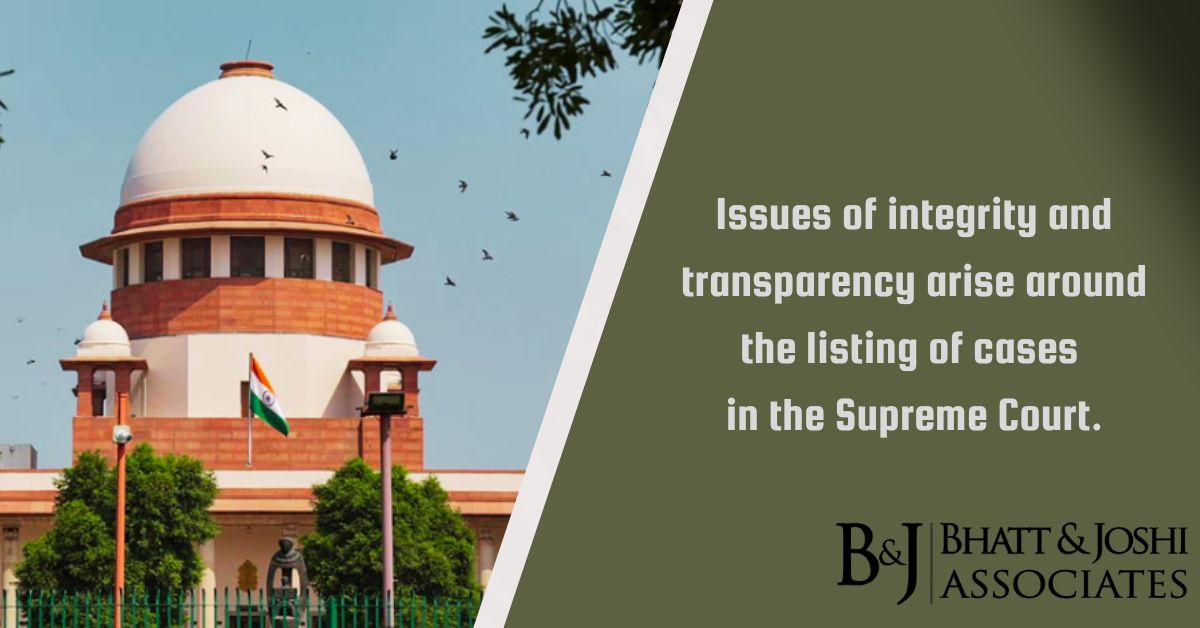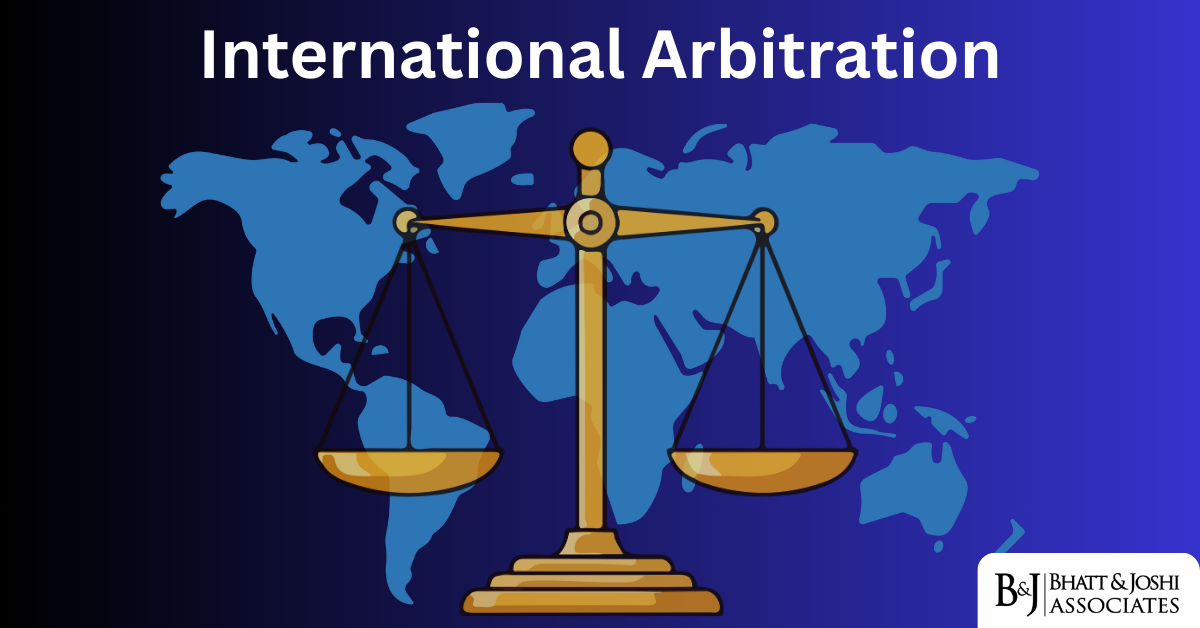Listing of Cases in the Supreme Court: Integrity and Transparency Concerns
Introduction
The listing of cases in the Supreme Court of India have recently been the subject of numerous questions regarding their openness and impartiality. Dushyant Dave, a senior lawyer, wrote an open letter to Chief Justice of India D.Y. Chandrachud, bringing attention to the purported departure from established standards and rules in the process of scheduling cases.
Improper Listing of Cases.
Dave’s letter exposed situations when cases were purportedly transferred from one judicial panel to another, in violation of established regulations of the Supreme Court. The concerns encompass cases pertaining to human rights, freedom of speech, democracy, and the efficacy of statutory and constitutional institutions.
Role of Chief Justice as Master of the Roster
The open letter highlights the distinct and exceptional authority wielded by the Chief Justice in their role as the ‘master of the roster.’ The ability granted to the Chief Justice of India (CJI) to assign cases is dependent on following established procedures, especially when the coram (composition of judges) as per the roster is available.
Concerns Raised by the Legal Community on Listing of Cases
Issues Having been brought up within the legal community, Dave voiced profound apprehension regarding the purported lack of attention exhibited by the Supreme Court Registry towards emails that address concerns regarding inappropriate case listings. The letter emphasised the possible dangers of damaging the institution’s reputation and urged Chief Justice Chandrachud to promptly implement corrective actions.
Effect on Sensitive Issues
The purported departure from established protocols is especially troubling in instances concerning delicate subjects. Dave abstained from explicitly mentioning particular instances, but alluded to concerns pertaining to human rights, freedom of expression, and the efficacy of legislative and constitutional establishments.
The Handbook on Practice and Procedure for Listing of Cases
The Handbook on Practice and Procedure, as referenced by Dave, provides a comprehensive guide to the correct protocols for case listings. As per the guidelines, cases should be prioritised for the junior judge only in the absence of the senior judge, emphasising the need of following established protocols.
Concerns regarding judicial credibility
The concerns expressed by Dave and the legal community indicate more extensive problems that could potentially undermine the credibility of the Supreme Court. The preservation of the judiciary’s integrity is of utmost importance in upholding public confidence, and any departure from established standards gives rise to concerns regarding the impartiality and openness of the legal proceedings.
Urgent necessity for prompt remedial actions
Given the accusations, Dave implored Chief Justice Chandrachud to promptly implement remedial actions. The letter underscored the crucial significance of the Chief Justice of India (CJI) in maintaining the honour of the institution and recommended immediate measures to resolve the concerns of the legal community.
Conclusion: Listing of Cases Concerns in Supreme Court
The Supreme Court’s reaction to these concerns will be pivotal in guaranteeing an equitable, transparent, and trustworthy resolution. The resolution of the Adani Power case, in conjunction with the remedial actions implemented by the Chief Justice, will establish a standard for future legal procedures and shape the public’s impression of the judiciary’s honesty and fairness.
Our Comments
The concerns expressed by senior lawyer Dushyant Dave on the purported departure from established norms in the listing of cases in the Supreme Court highlight the crucial requirement for transparency and strict respect to procedural fairness. The legitimacy of the judiciary is essential for maintaining public trust, and any sense of abnormalities can undermine the integrity of a strong legal system. Although the Chief Justice of India has a distinct and exceptional responsibility as the ‘master of the roster,’ it is crucial that this authority is handled in accordance with established protocols. The open letter functions as a plea for prompt remedial actions to resolve the concerns of the legal community and uphold the integrity of the Supreme Court. The ramifications of these concerns go beyond specific instances, encompassing the wider principles of human rights, freedom of expression, and the operation of legal and constitutional bodies. The Supreme Court’s reaction to these accusations will not only determine the outcome of individual cases, but also establish a precedent for upholding the utmost principles of impartiality and openness in the legal proceedings.
 Whatsapp
Whatsapp



